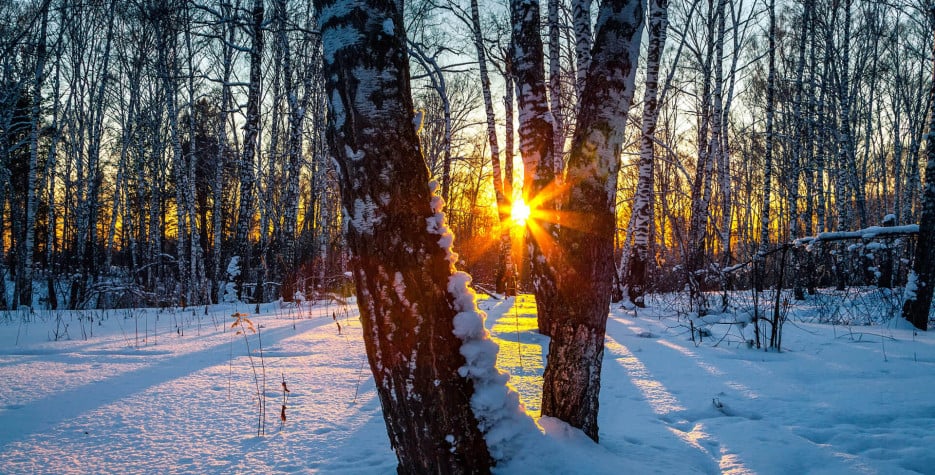When is Dongzhi?
Dongzhi, also known as Dongji is celebrated annually on or around December 22nd.
It is a public holiday in Macau. In Hong Kong, most workplaces will close early even when it’s not an official public holiday. It is not a public holiday in other parts of East Asia, such as China, Taiwan and Korea, but remains an important and popular festival.
History of Dongzhi
In Chinese, Dongzhi ('dongzhi' in Mandarin and 'dung zi' in Cantonese) means 'extreme of winter' and the Dongzhi festival marks the Winter Solstice in the Northern Hemisphere.
The winter solstice occurs when the earth is tilted at its maximum annual angle away from the sun creating the day with the shortest amount of daylight.
The solstice marked the middle of winter in many ancient cultures. Solstice literally means 'the standing still of the sun' as the sun appears to do just that on sunrise on the solstice before it rises ever so slightly south on the next day.
Noting the arrival of the shortest day, was a time for celebration. Of course, winter wouldn't end for several months, but to know that you were past the middle and that the dark, cold nights would start to get shorter is an event that has been marked by feasts and rituals since the dawn of civilisation.
As long ago as the Zhou period (circa 1100BC-256BC), the Chinese were already observing the winter solstice as a state holiday.
This turning point of the year is an important aspect of Dongzhi with a traditional custom in parts of China being that on Dongzhi everyone turns one year older.
Certainly, the festival is a time to gather with your family and a common activity in southern China is the making and eating of a sweet soup containing balls of glutinous rice, called tangyuan. The spherical tangyuan, which can be stuffed with meat, some kind of sweet paste, or without filling, symbolise fullness and completeness.
In Hong Kong, tangyuan is almost always served as a dessert; the most popular fillings are sesame, red bean, or peanut paste. The clear syrup is sometimes flavoured with ginger or osmanthus flowers.
In Korea, a popular traditional food to eat on Dong-Ji is Patjuk, a red bean porridge. The custom is that the red colour of the porridge can ward off evil spirits and cure sickness.


